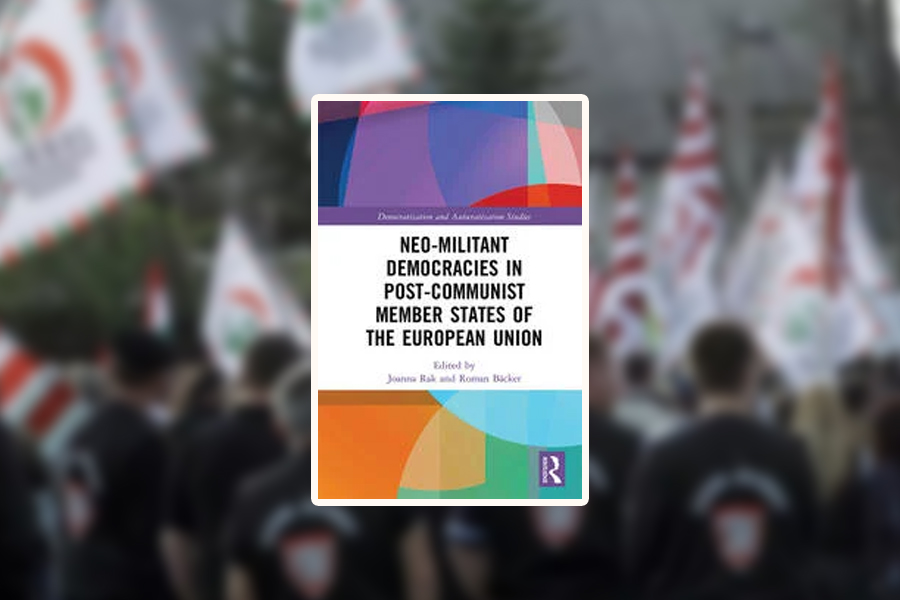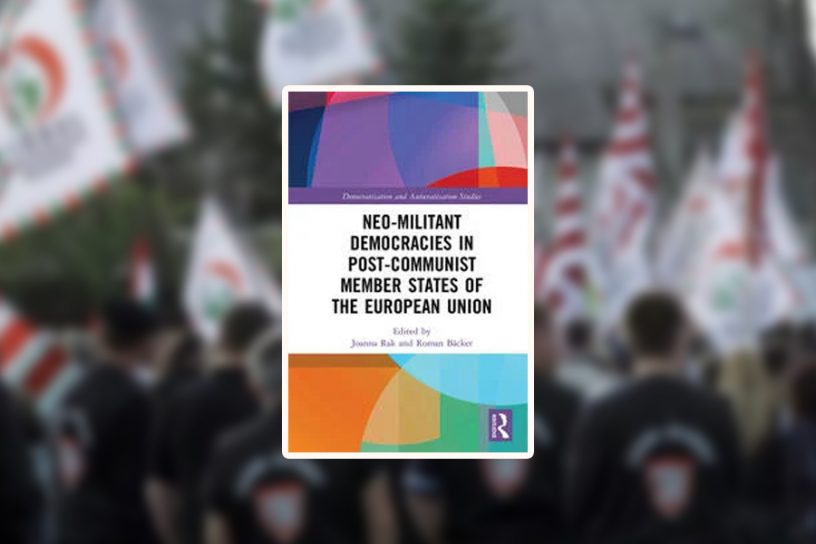
The Slovak judiciary has the necessary resources to contribute to the compatibility of militarisation with democracy, though it has not utilised them to their full potential, say the authors.
Authors
Max Steuer, Assistant Professor, Jindal Global Law School, O.P. Jindal Global University, India.
Martin Kovanič, Comenius University in Bratislava, Slovakia.
Summary
Slovakia’s democracy has faced intensified challenges from both far-right political actors seeking to gain a parliamentary majority and mainstream political actors engaging in various forms of anti-minority rhetoric.
This chapter provides an overview of mainstream measures conventionally associated with Slovak neo-militant democracy, as well as of the institutional landscape that put them into practice.
It utilises the concept of militarisation of democracy as a process of defending democracy via rights restrictions, which may backfire and trigger the deterioration of democracy.
The first five sections evaluate the rationale and implementation of particular measures from the perspective of their capacity and limitations to contribute to democratisation.
The results present a mixed picture, with some measures lacking clear justification, and hence contributing to a tension between militarisation and democratisation.
As most of these measures are dependent upon courts interpreting their scope and limits, the chapter presents how the judiciary engages with the process of militarisation of democracy, concluding that the Slovak judiciary has the necessary resources to contribute to the compatibility of militarisation with democracy, though it has not utilised them to their full potential.
Published in: Neo-militant democracies in post-communist member states of the European Union, Routledge, London.
To read the full article, please click here.


